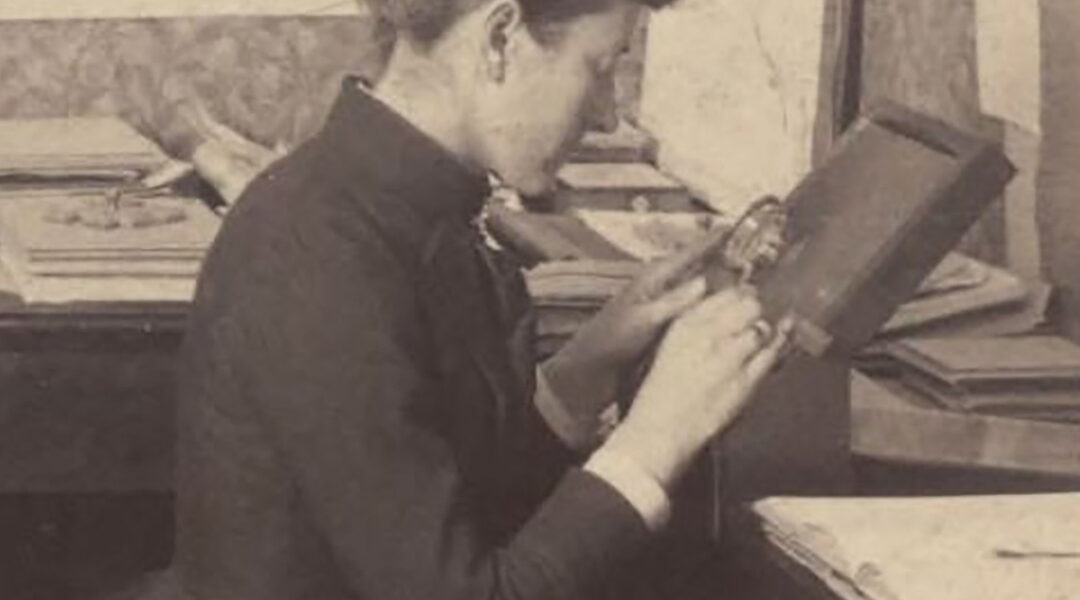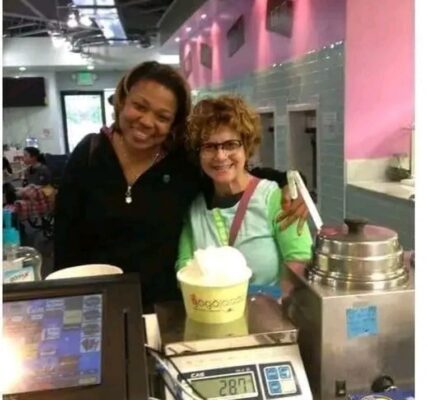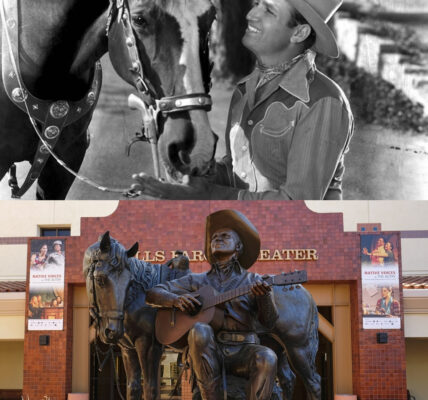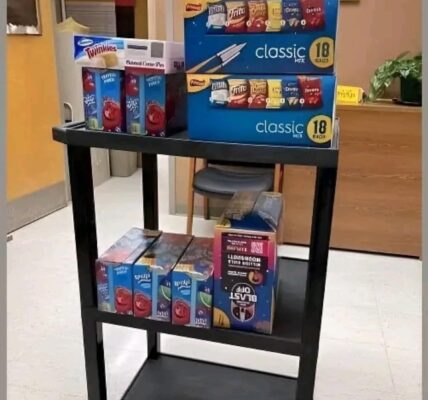In the 1870s, a young woman named Williamina Fleming boarded a ship from Scotland to America with her husband. She was barely in her twenties, full of hope for a new life across the ocean. But soon after arriving, those hopes shattered. Her husband abandoned her, leaving her alone in a foreign country, far from family, and carrying a child.
With no money and no prospects, Williamina’s survival depended on her ability to find work. She accepted a position as a housekeeper in the home of Edward Pickering, Director of the Harvard College Observatory. It was hardly the life she had imagined, but it was steady work — and, for a woman in her situation, a lifeline.
A Remark That Changed Everything
Edward Pickering, despite being a respected scientist, was often frustrated by the lack of precision in his male assistants. One day, exasperated, he reportedly declared: “My Scottish maid could do better!”
It was a remark made out of irritation — but it became the turning point in Williamina’s life. Pickering gave her a chance to prove herself, bringing her into the observatory not as a servant, but as a scientific assistant.
From Maid to “Harvard Computer”

In 1881, Williamina officially became one of the first members of what would later be known as the Harvard Computers — a team of women tasked with the painstaking job of analyzing glass plate photographs of the night sky. These fragile plates held secrets of the universe, and it was their duty to map, measure, and catalog the stars.
The work was meticulous, often tedious, and grossly underpaid compared to male counterparts. Yet Williamina excelled. Her sharp eye, patience, and determination soon set her apart. Within a few short years, she rose to become curator of astronomical photographs — a role in which she supervised a dozen women and managed one of the most significant scientific archives of the era.
A Legacy Written in the Stars
But Williamina’s impact was not just managerial. She personally discovered hundreds of stars, nebulae, and novae, and cataloged tens of thousands more. One of her most significant contributions was the discovery of the Horsehead Nebula in Orion, now one of the most iconic astronomical images in the world.
Her work brought her recognition far beyond Harvard. She received awards from scientific societies in Europe and America, and in 1906, she became the first American woman elected as an honorary member of the Royal Astronomical Society in London.
More Than Just Science

What makes Williamina’s story extraordinary is not only her scientific brilliance, but the resilience behind it. She had every reason to be defeated — abandoned, impoverished, and dismissed as “just a maid.” Instead, she rose from those circumstances to transform both her own life and the field of astronomy.
For the women who worked under her — and the many who came after — she opened a door that had long been closed. The Harvard Computers would go on to include other legendary women, like Annie Jump Cannon and Henrietta Swan Leavitt, whose discoveries shaped modern astronomy. But it was Williamina Fleming who blazed the trail.
A Reminder for Us All
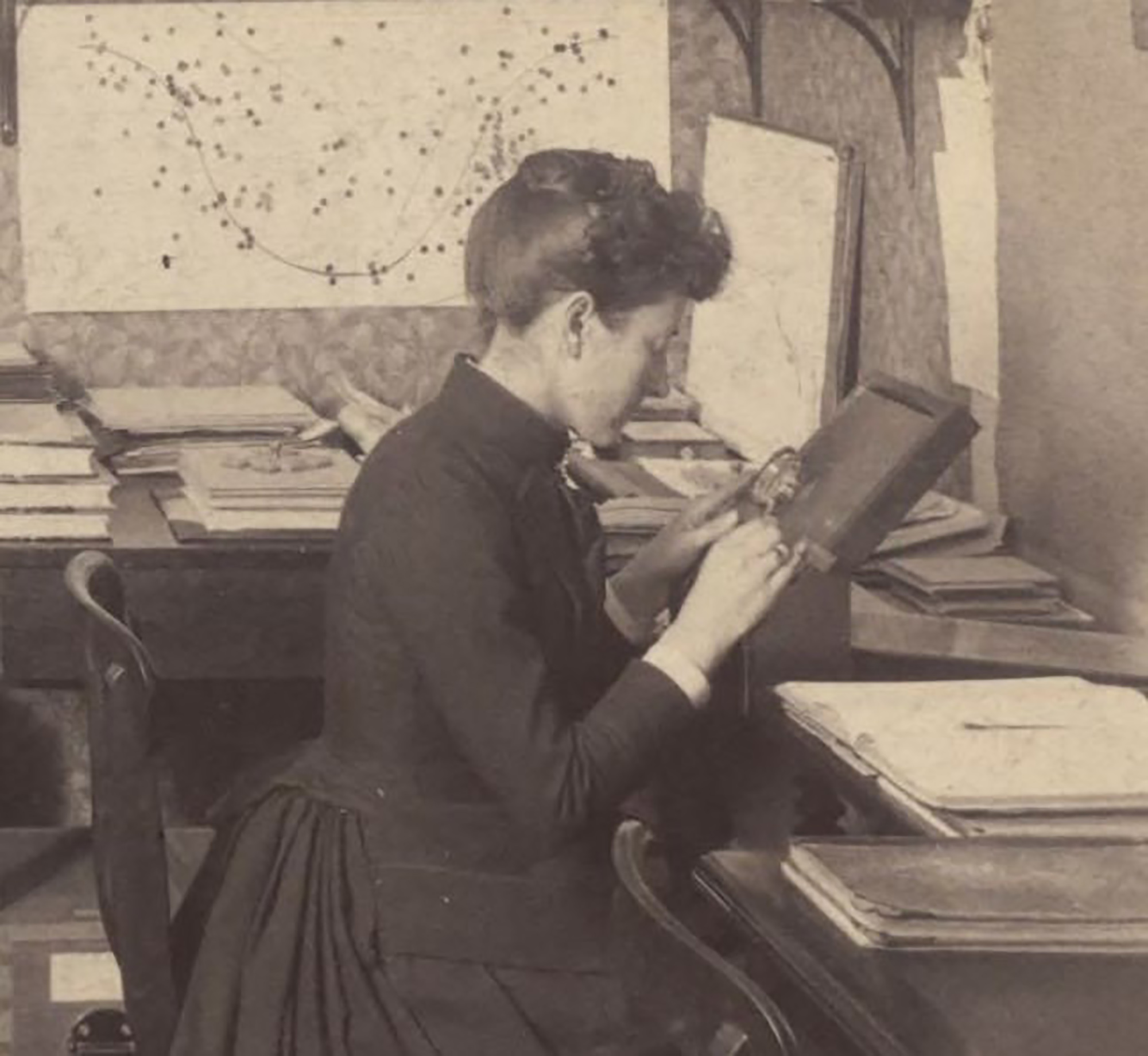
Williamina’s journey is more than history; it is a lesson. Brilliance can come from anywhere. Talent is not defined by wealth, privilege, or gender. All it takes is opportunity — and the courage to seize it.
From abandoned housewife to pioneer of the stars, Williamina Fleming proved that the universe has room for those the world often overlooks. And thanks to her, countless stars that might have remained invisible are now known, named, and remembered.
She was once “just a maid.” But she became one of the women who mapped the heavens.
